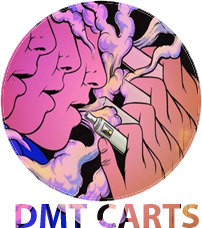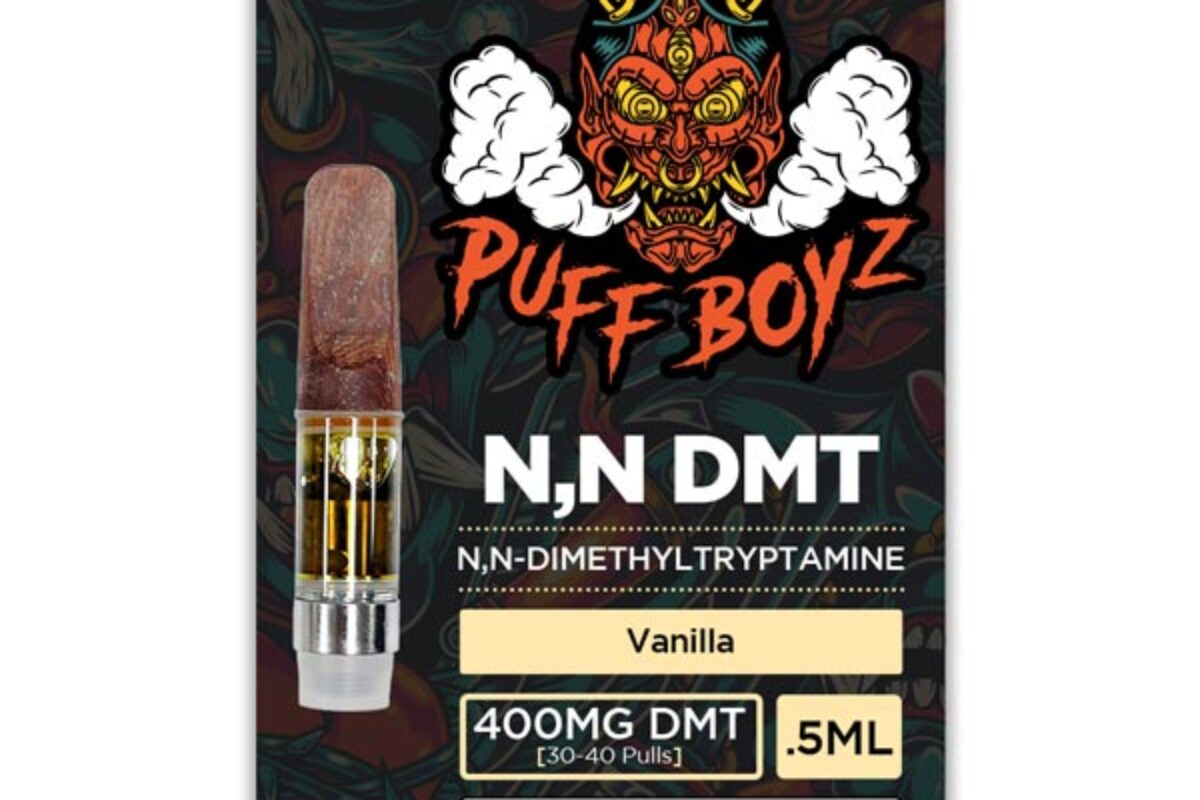Is DMT Dangerous? Unveiling the Risks and Safety Considerations
When it comes to DMT (Dimethyltryptamine), understanding its potential dangers is crucial. While DMT is naturally occurring in some plants and is a component of certain traditional rituals, its use carries risks. Explore the potential side effects, health considerations, and safety measures associated with DMT consumption.
Is DMT a Hard Drug? Differentiating Between Substances
Delve into the classification of DMT and explore whether it falls under the category of “hard drugs.” Understand the legal implications, societal perceptions, and potential consequences of using DMT, shedding light on its standing in the realm of controlled substances.
Does DMT Cause Brain Damage? Separating Fact from Fiction
Examine the existing research on DMT and its impact on the brain. Address common concerns and misconceptions regarding potential brain damage associated with DMT use. Gain insights into the scientific perspective on DMT’s effects on cognitive function and overall brain health.
How Do You Use DMT? A Comprehensive Guide
For those curious about DMT consumption, this guide provides a step-by-step exploration of the various methods of using DMT. From traditional practices to contemporary approaches, learn about the administration, dosages, and potential risks associated with DMT use.
Is DMT a Hallucinogen? Unraveling the Psychedelic Nature
Discover the psychedelic properties of DMT and its classification as a hallucinogen. Delve into the unique sensory experiences and altered perceptions associated with DMT use. Understand how DMT interacts with the brain to induce profound and often mystical hallucinations.
Where Does DMT Come From? Tracing the Origins
Uncover the natural sources of DMT and the plants that contain this potent compound. Explore the historical and cultural context of DMT usage, shedding light on its indigenous roots and the traditional practices that involve the consumption of DMT-containing plants.
What Does DMT Stand For? Decoding the Acronym
Get to the heart of the matter by decoding the acronym “DMT.” Understand the scientific and chemical terminology behind DMT, gaining insights into its molecular structure and properties. Explore how DMT functions within the body and its significance in various contexts.
What Is DMT Made From? Exploring the Chemical Composition
Dive into the chemistry of DMT, exploring its composition and the processes involved in its synthesis. Gain a deeper understanding of the molecular structure of DMT, its extraction from natural sources, and the variations in its production methods.
- What is DMT?
- Understand the basic definition and nature of Dimethyltryptamine.
- Is DMT dangerous?
- Explore the potential risks and safety considerations associated with DMT use.
- Is DMT a hard drug?
- Examine the classification of DMT and its legal status in relation to other substances.
- Does DMT cause brain damage?
- Address concerns and misconceptions regarding the impact of DMT on cognitive function and brain health.
- How do you use DMT?
- Explore the different methods of consuming DMT, including traditional and modern approaches.
- Is DMT a hallucinogen?
- Understand the psychedelic properties of DMT and the altered perceptions it induces.
- Where does DMT come from?
- Explore the natural sources of DMT and its historical and cultural origins.
- What does DMT stand for?
- Decode the acronym DMT, understanding its scientific and chemical properties.
- What is DMT made from?
- Delve into the chemical composition of DMT and the processes involved in its synthesis.
- Are there any spiritual or therapeutic benefits of DMT?
- Explore discussions on the potential positive effects of DMT, including its role in spiritual experiences and therapeutic applications.
- How long do the effects of DMT last?
- Understand the duration of the psychoactive effects of DMT and its impact on the user’s experience.
- What are the short-term and long-term effects of DMT?
- Explore both immediate and potential lasting effects of DMT use on physical and mental well-being.
- Can DMT be used for medical purposes?
- Investigate ongoing research and discussions on the therapeutic potential of DMT for medical conditions.
- What are the legal implications of using DMT?
- Understand the legal status of DMT in various jurisdictions and the consequences of its possession or consumption.
- Can DMT be addictive?
- Address the potential for DMT addiction and compare its addictive properties to other substances.
These questions cover a range of topics, addressing both basic information and more nuanced aspects related to DMT. It’s important to note that the information provided should be approached with caution and awareness of the legal context in different regions.
ANSWERS OF THE ABOVE CAN BE SEEN BELOW

